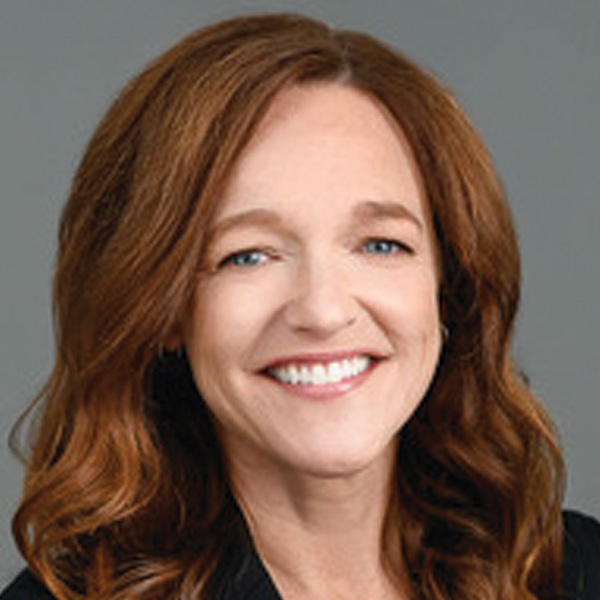CASPA: Everything You Need to Know About the Experiences Section
The Centralized Application Service for Physician Assistants (CASPA) is the primary application service for graduate physician assistant (PA) programs. The CASPA application contains four primary categories: Personal Information, Academic History, Supporting Information, and Program Materials. You will need to gather, organize, and write lots of documents to complete the application, but the Experiences section (within the Supporting Information category) might arguably be one of the most important.
If you have worked tirelessly to gain experiences in patient care, healthcare, leadership, shadowing, and volunteering, the Experiences section offers you the opportunity to categorize, quantify, and describe these elements of your background.

What follows are descriptions of each type of experience in the application, examples of roles that fulfill each experience type, and suggestions of the qualities, skills, and abilities demonstrated by each experience type.
Patient Care Experience
This is often referred to as “direct patient care.” PA schools typically state their required minimum number of completed hours, which vary and average between 250 and 3,000 hours.
- Examples: EMT, phlebotomist, nurse, and CNA
- Qualities/skills/abilities: Interpersonal communication, teamwork, and clinical reasoning
Healthcare Experience
This is defined as experience working in a healthcare environment but in a role that’s not directly responsible for patient care.
- Examples: Medical assistant (depending on job description), clerical work, and cleaning patient rooms
- Qualities/skills/abilities: Customer service, flexibility, and attention to detail
Shadowing
This involves officially spending time watching, listening to, and learning from a medical professional – ideally, a PA.
- Examples: Shadowing a surgical PA, an internal medicine PA, or a urology PA
- Qualities/skills/abilities: Active listening, critical thinking, and networking
Non-Healthcare Employment
This refers to any type of paid employment outside of the healthcare field.
- Examples: Retail, food service, and childcare
- Qualities/skills/abilities: Responsibility, time management, and organization
Leadership Experience
This encompasses any demonstrated role(s) in which management, guidance, direction, and/or leadership skills were evident.
- Examples: President of an undergraduate club/organization, restaurant/retail manager, and captain of an athletic team
- Qualities/skills/abilities: Self-confidence, motivation, and decision-making
Extracurricular Activities
These include participation and/or membership in clubs, teams, or organizations.
- Examples: Pre-PA club member, collegiate sport team member, and band/choir member
- Qualities/skills/abilities: Creativity, teamwork, and time management
Research
This includes any type of research project. Both academically credited and non-credited research counts! Optional academic enrichment programs, such as a pre-health summer program, should be included.
- Examples: Student research assistant, research technician, and graduate research student
- Qualities/skills/abilities: Attention to detail, analytic abilities, and data synthesis
Teaching Experience
This relates to any role in which you provided instruction to others – either one-on-one, in small groups, or in a classroom setting.
- Examples: Teaching assistant, lab instructor, and tutor
- Qualities/skills/abilities: Creativity, communication, and adaptability
Non-Healthcare Volunteer or Community Enrichment
These experiences do not have to be clinically or medically related.
- Examples: Volunteering at your church/synagogue, donating time to an organization (e.g., Habitat for Humanity), and participating in a fundraiser
- Qualities/skills/abilities: Collaboration, project management, and problem solving
An important note: If an experience overlaps multiple categories, list it in all categories and divide the hours and key responsibilities accordingly.
In summary, approach the Experiences section of CASPA as the portion of your application in which you can offer the admissions committee a full sense of the breadth and depth of your work. A robust Experiences section will add strength to a holistic and competitive CASPA application!
Related Resources

